Triggers for Ficus Benjamina fruit-bearing
henrikn
9 years ago
Featured Answer
Comments (25)
tapla (mid-Michigan, USDA z5b-6a)
9 years agomarguerite_gw Zone 9a
9 years agoRelated Professionals
Maple Valley Landscape Architects & Landscape Designers · Accokeek Landscape Architects & Landscape Designers · Garden City Landscape Architects & Landscape Designers · Bowie Landscape Contractors · Cliffside Park Landscape Contractors · Hayden Landscape Contractors · Hayward Landscape Contractors · Kaysville Landscape Contractors · Norwalk Landscape Contractors · Pleasanton Landscape Contractors · Porterville Landscape Contractors · Post Falls Landscape Contractors · Shaker Heights Landscape Contractors · Tavares Landscape Contractors · West Coon Rapids Landscape Contractorshenrikn
9 years agotapla (mid-Michigan, USDA z5b-6a)
9 years agohenrikn
9 years agohenrikn
9 years agotapla (mid-Michigan, USDA z5b-6a)
9 years agomarguerite_gw Zone 9a
9 years agogstrohl
7 years agoDave
7 years agogstrohl
7 years agoDave
7 years agotapla (mid-Michigan, USDA z5b-6a)
7 years agoNeed2SeeGreen 10 (SoCal)
7 years agolitterbuggy (z7b, Utah)
7 years agoDave
last yeartapla (mid-Michigan, USDA z5b-6a)
last yearTiffany, purpleinopp Z8b Opp, AL
last yeartropicbreezent
last yearDave
last yearNeed2SeeGreen 10 (SoCal)
last yearlast modified: last yeartapla (mid-Michigan, USDA z5b-6a)
last yeartropicbreezent
last yearNeed2SeeGreen 10 (SoCal)
last year
Related Stories

HOUSEPLANTS8 Essentials for Healthy Indoor Plants
Houseplants add so much to our homes — and can thrive when grown in the right conditions. Keep these tips in mind
Full Story
HOUSEPLANTS10 Top Plants to Grow Indoors
Brighten a room and clean the air with a houseplant that cascades artfully, stretches toward the ceiling or looks great on a wall
Full StorySponsored
Columbus Area's Luxury Design Build Firm | 17x Best of Houzz Winner!
More Discussions






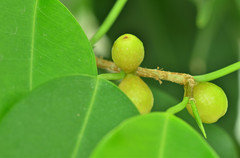
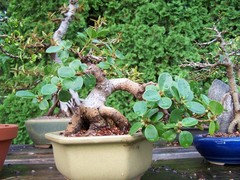
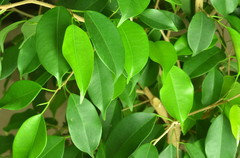

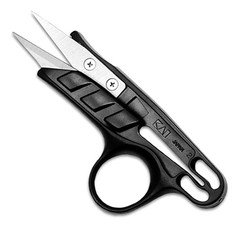
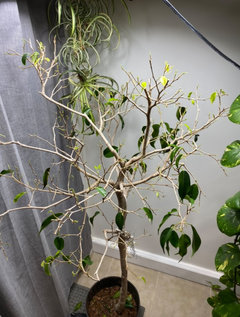
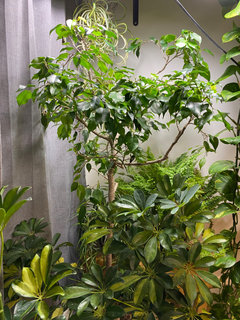
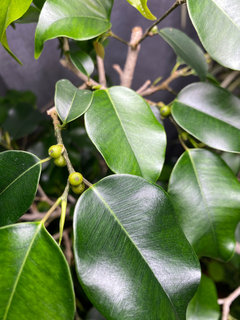
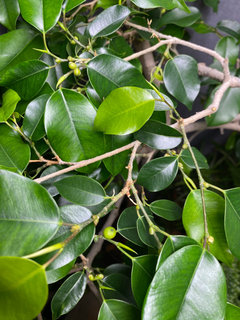

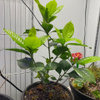
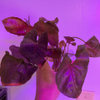
tropicbreezent